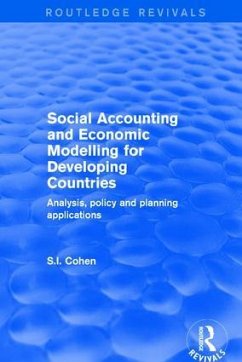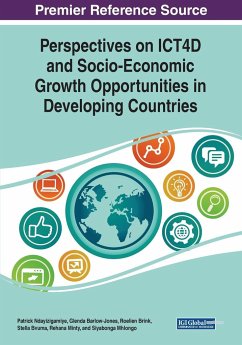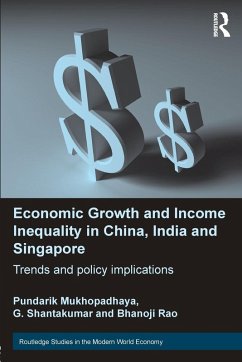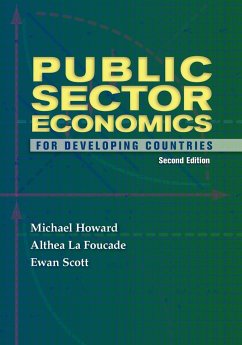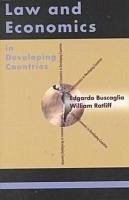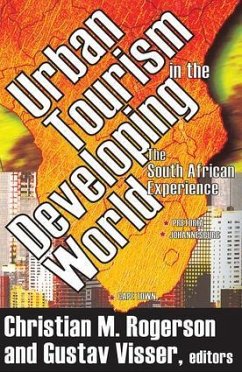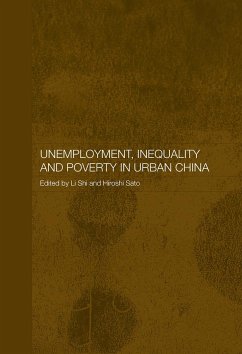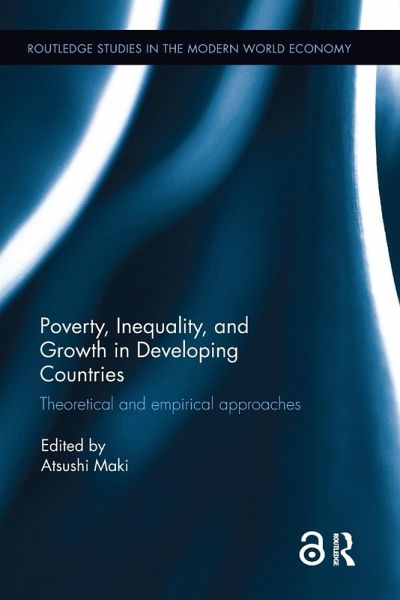
Poverty, Inequality and Growth in Developing Countries
Theoretical and empirical approaches
Herausgeber: Maki, Atsushi

PAYBACK Punkte
30 °P sammeln!
This book provides empirical observations on Asian countries and Africa. Each chapter provides theoretical and empirical analysis on regional case studies with an emphasis on policy implications. The book will be of use to many who wish to assess and improve policies in developing countries and mitigate poverty and inequality, and stimulate growth, by drawing on relevant empirical research and economic theories. Clearly, there have been numerous policy failures and the book aims to provide a basis for improving policies and outcomes based on relevant empirical observations.





